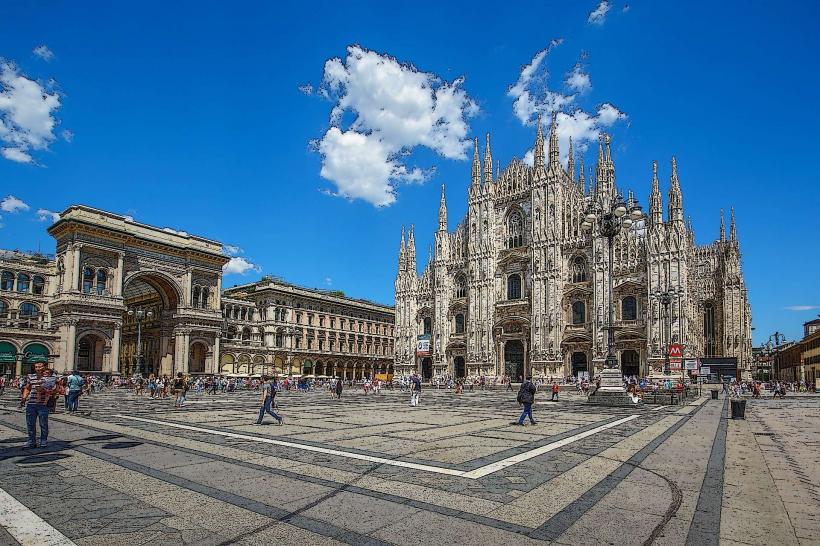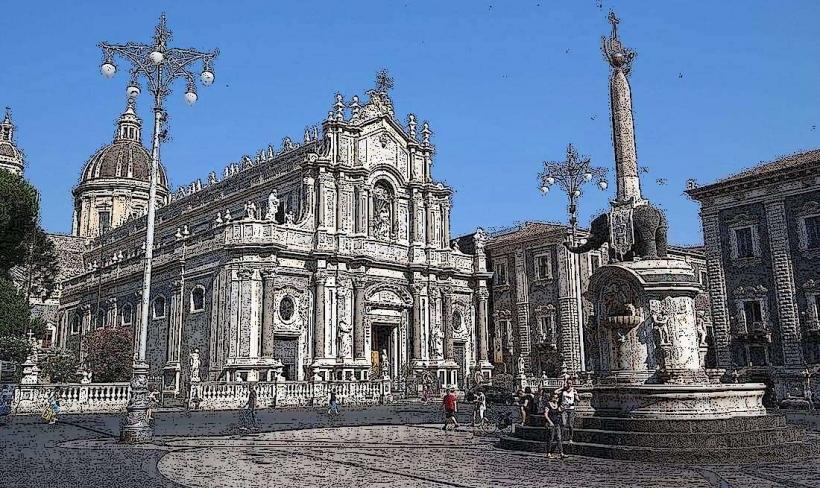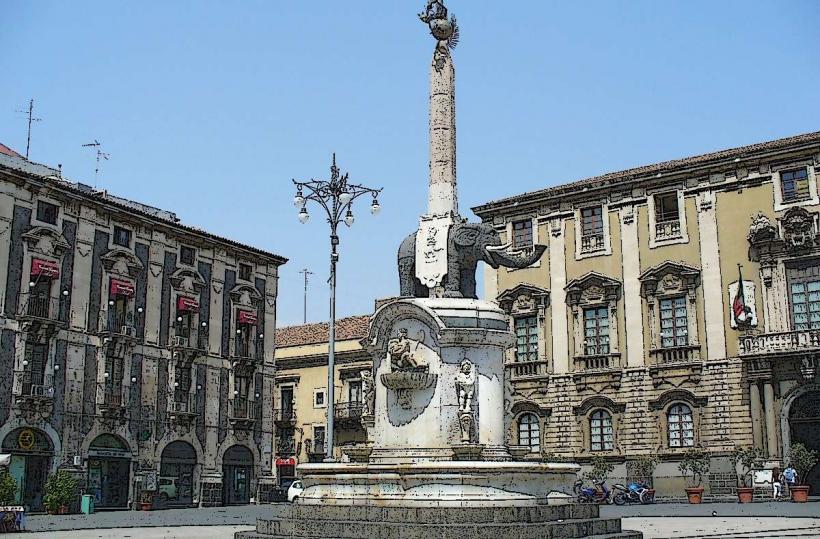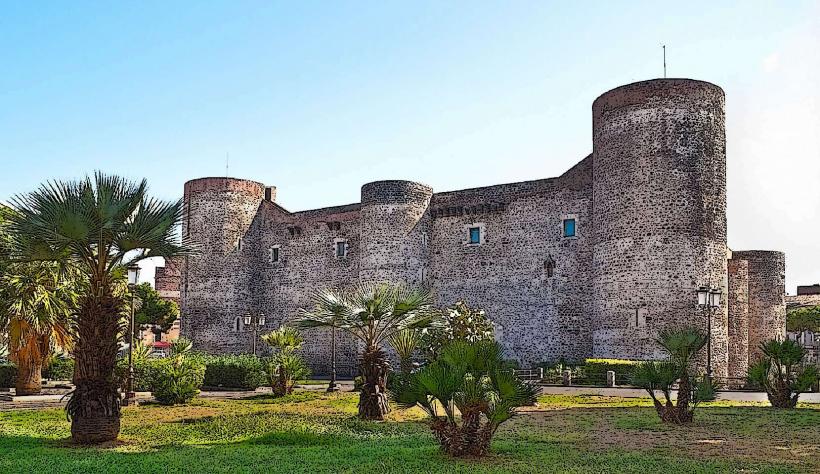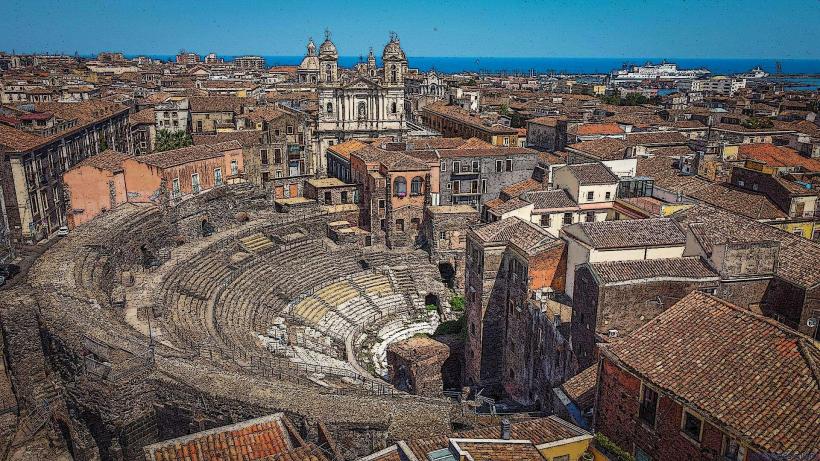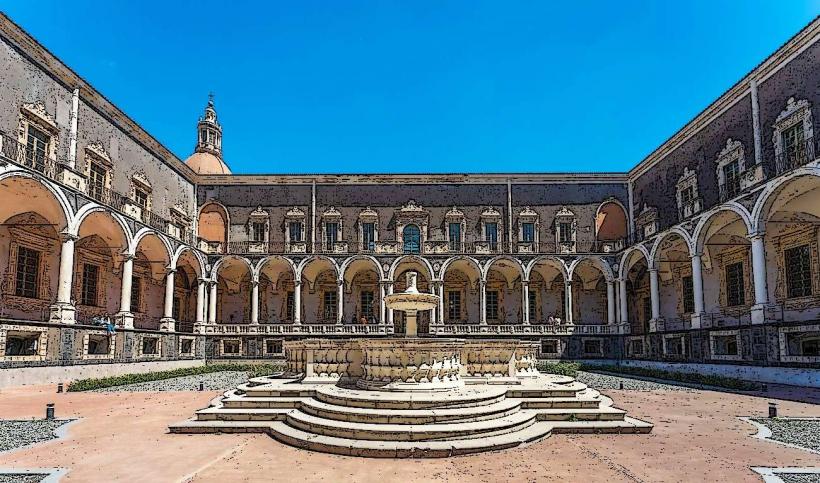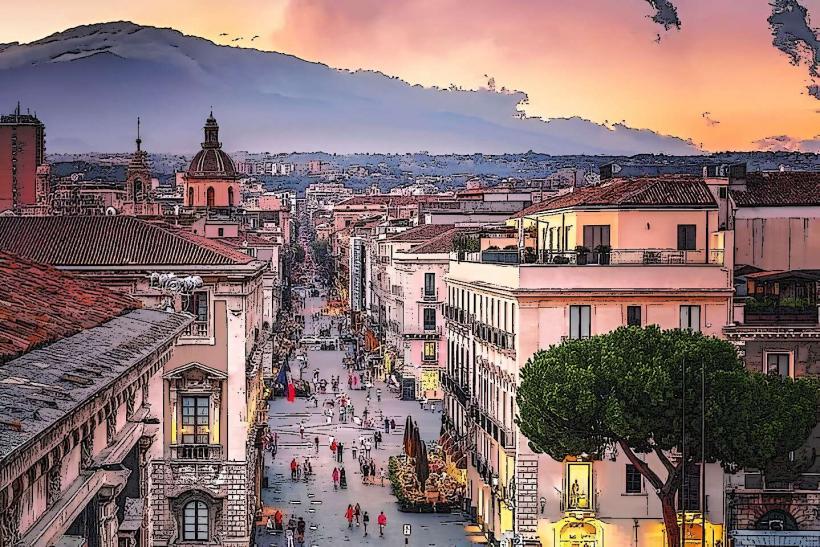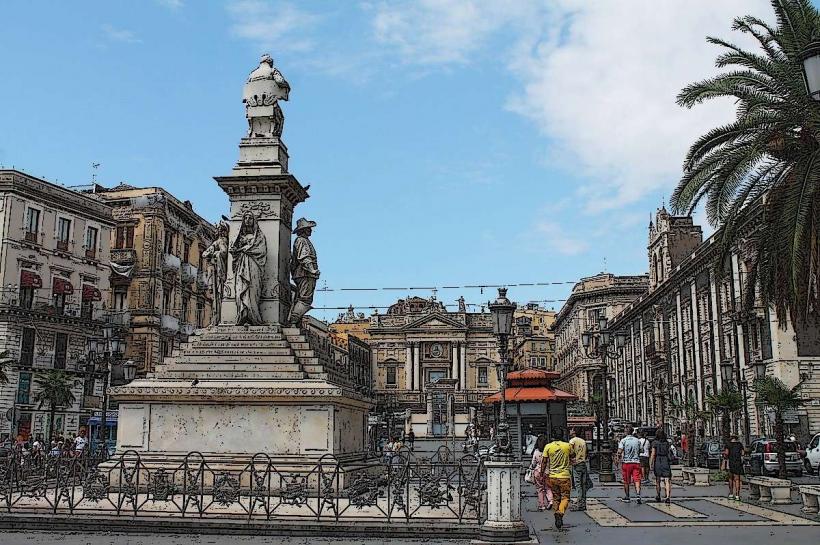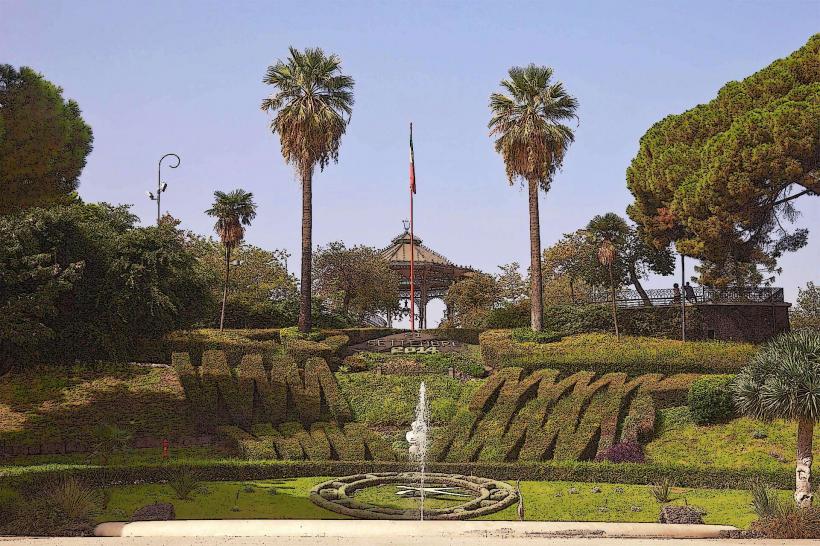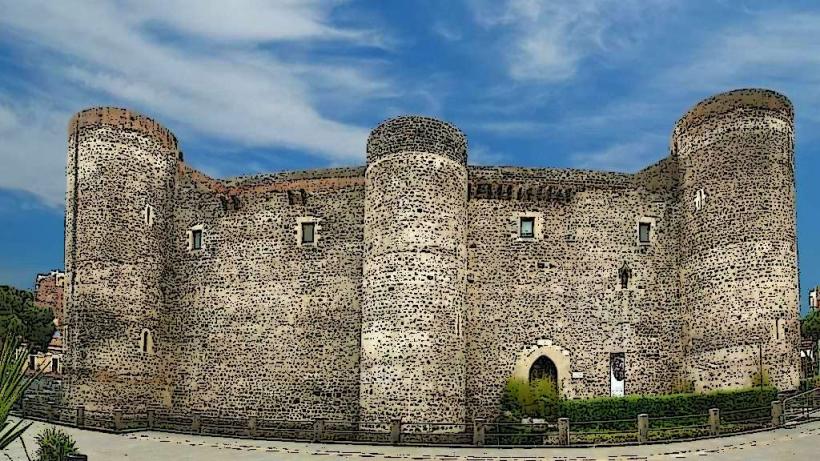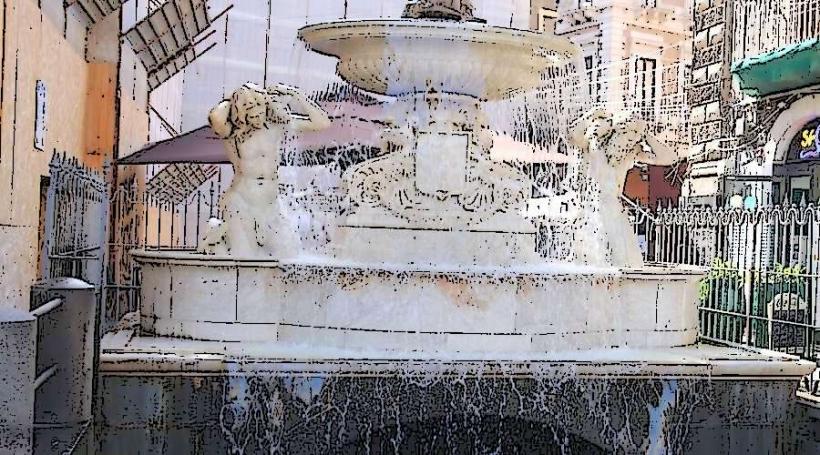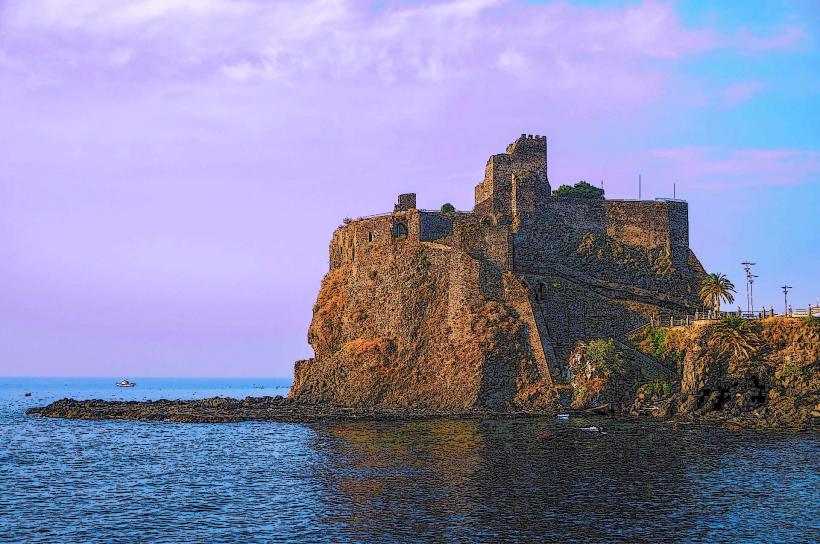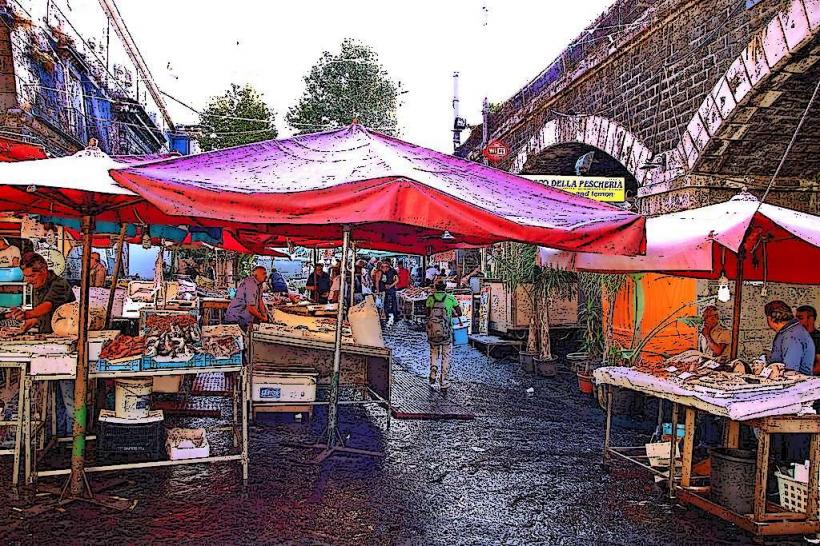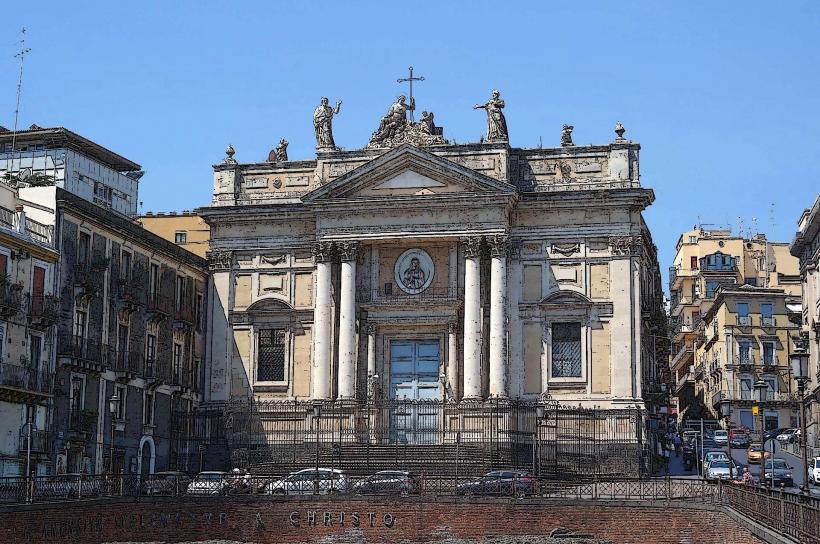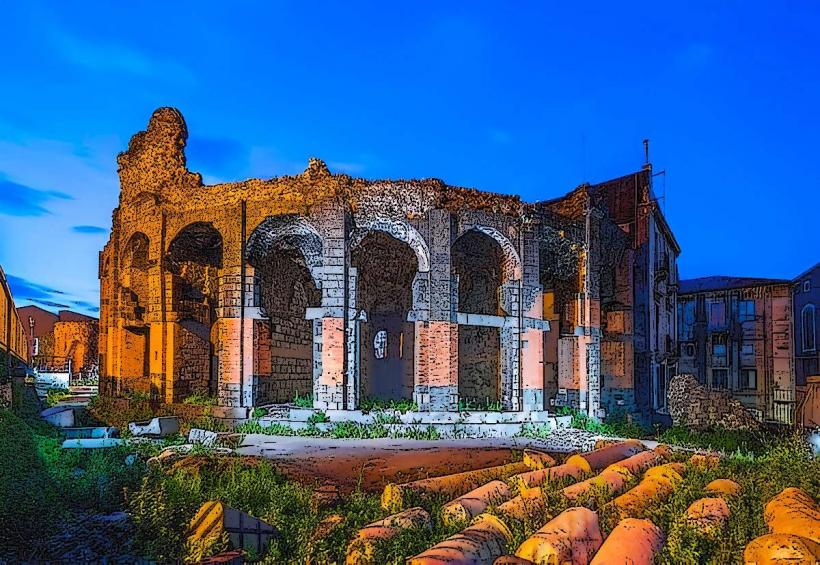Information
Landmark: Chiesa della CollegiataCity: Catania
Country: Italy
Continent: Europe
The Chiesa della Collegiata, also known as the Collegiate Church of Saint Mary, is an important historical and architectural landmark located in the heart of Catania, Sicily. This church, with its impressive Baroque style, is known for its historical significance and stunning architectural features. Here’s a detailed overview of the Chiesa della Collegiata:
1. Historical Background
- Foundation and Origins: The Chiesa della Collegiata was founded in the 16th century, although it was built on the site of an earlier church. Its establishment was part of a larger movement of religious construction during the Renaissance and Baroque periods in Catania, a time when the city was flourishing under the influence of the Spanish crown and religious institutions.
- Baroque Renovation: The church underwent significant Baroque renovations after the 1693 earthquake, which devastated much of Catania. The reconstruction efforts gave the church its current appearance, with the addition of Baroque facades, altars, and decorative details that align with the lavish artistic styles of the time.
- Religious Role: The church has historically been a place of worship for the Jesuit community in Catania, and it has served as a collegiate church (hence the name). This means it was once a church with a group of clergy attached to it, performing regular services and holding special duties in the community.
2. Architectural Features
- Baroque Facade: The Chiesa della Collegiata is a quintessential example of Sicilian Baroque architecture. The facade of the church is characterized by its grandiose design and ornate details, featuring elements typical of Baroque art, such as sculpted figures, intricate columns, and curved forms. The church’s central entrance is framed by two towers, adding to its dramatic presence in the heart of the city.
- Interior Decoration: The interior of the church is equally impressive, with vaulted ceilings, elaborate stucco work, and richly decorated altars. The nave is lined with chapels, each containing beautiful Baroque artwork. The church is filled with frescoes and paintings, many of which are the work of local artists from the period. The high altar is adorned with religious statues and imagery.
- Cupola: One of the standout features of the church is its dome (or cupola), which is richly decorated with frescoes. The dome is an important element of Baroque churches, symbolizing the heavenly realm, and in this church, it provides a beautiful sense of grandeur to the entire space.
- Flooring and Details: The floors are paved with marble tiles, and the overall design of the church emphasizes symmetry, grandeur, and the use of light and shadow, which were key aspects of the Baroque style.
3. Artistic and Religious Significance
- Baroque Artworks: The church houses several significant works of art, including paintings, frescoes, and statues. These artworks reflect the religious fervor of the time and are typical of the Baroque style, which sought to evoke awe and emotional response from viewers. Many of the church's works were commissioned by local nobility and religious orders.
- Sculptures and Altars: The altars are richly decorated with sculptural works, showcasing scenes from the life of Christ and various saints. These altars, along with the statues and reliefs, contribute to the theatrical and dynamic atmosphere typical of Baroque religious spaces.
- Religious Services: As a collegiate church, it was a hub for religious life, with regular masses, festivals, and other important liturgical events taking place in the church. Its role as a place of worship for the Jesuit community meant that it was an important center for the promotion of Catholic teachings during the Counter-Reformation period.
4. Current Role and Visitor Experience
- Religious Use: Today, the Chiesa della Collegiata is still an active church, serving the local Catholic community in Catania. It holds regular masses and religious ceremonies, and it is a significant part of the spiritual life of the city.
- Tourism: The church is also a popular tourist destination, especially for those interested in Baroque architecture and Sicilian history. Visitors to the church can admire its splendid interior, the religious artworks, and the beautiful façade. It offers a quiet and reflective space in the midst of Catania's bustling historic center.
5. Location and Accessibility
- Central Location: The Chiesa della Collegiata is located in the historical center of Catania, near the Piazza del Duomo and other major landmarks such as the Catania Cathedral and Piazza Stesicoro. Its central location makes it easy to visit while exploring the city.
- Accessibility: The church is open to visitors, and entrance is usually free, though donations are often appreciated. Opening hours may vary, especially during religious holidays or events, so it is best to check ahead for specific visiting times.
6. Conclusion
The Chiesa della Collegiata is a remarkable example of Sicilian Baroque architecture and a key historical landmark in Catania. With its grand façade, beautiful interior, and religious significance, it stands as a testament to the city’s rich cultural and spiritual heritage. Whether you’re visiting for religious reasons, architectural interest, or simply to appreciate the Baroque art, the Chiesa della Collegiata offers a captivating experience for anyone exploring the heart of Catania.


